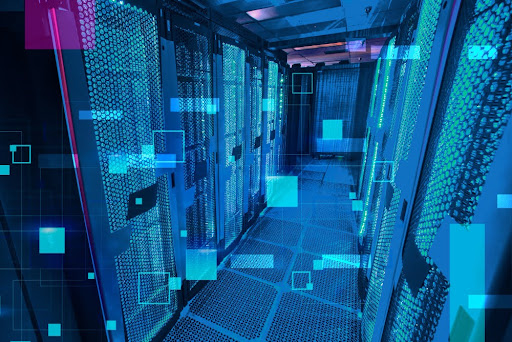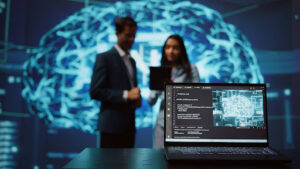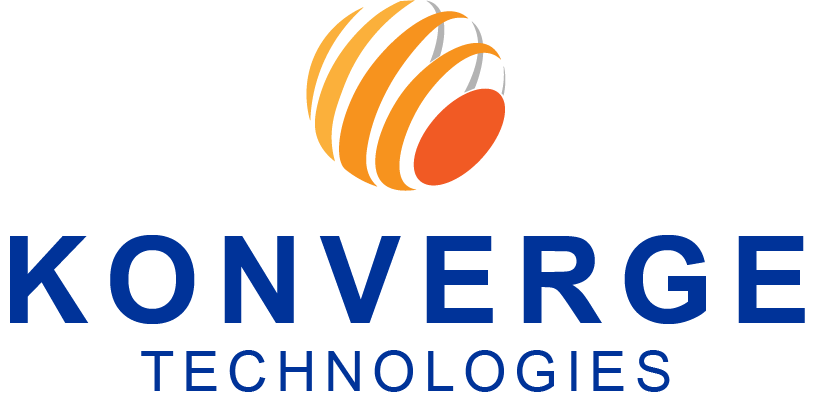
Essential Components of Data Center Solutions

Data is the backbone of every organization. With growing demands for cloud services, remote work, and real-time analytics, enterprises need robust infrastructure that can keep pace. A well-designed data center solution provides the reliability, scalability, and security businesses require to operate without interruptions. But what makes a data center truly efficient? Let’s explore the essential components that form the foundation of modern data center solutions in 2025.
Core Infrastructure – The Foundation of Operations
At the heart of every data center lies its physical infrastructure. This includes servers, storage systems, and networking hardware. Without reliable infrastructure, organizations cannot ensure smooth data flow, application performance, or system uptime. Today’s enterprises often opt for high-density servers that provide greater processing power in smaller spaces, optimizing energy use and physical footprint.
Networking and Connectivity
Strong networking capabilities are crucial for data centers to handle the massive exchange of data. Low latency, high bandwidth, and secure connectivity ensure seamless communication between applications, devices, and cloud platforms. With unified communication solutions integrated into the data center environment, businesses can enhance collaboration and guarantee reliable performance across hybrid and multi-cloud setups.
Power and Cooling Systems
Data centers consume significant energy, making power management a critical component. Advanced power distribution systems, along with backup generators and UPS (Uninterruptible Power Supply), ensure operations continue even during outages. Cooling systems are equally important to prevent overheating, which can lead to equipment failure. Modern designs now leverage energy-efficient cooling technologies like hot aisle containment and liquid cooling to reduce costs and environmental impact.
Data Security and Compliance
Security forms one of the most important pillars of a data center solution. Cyber threats and data breaches are on the rise, and organizations cannot afford downtime or loss of sensitive data. A secure data center integrates:
- Firewalls and intrusion detection systems are used to monitor and prevent unauthorized access.
- Advanced encryption to protect sensitive information at every stage.
- Access control mechanisms ensuring only authorized personnel can interact with critical systems.
In addition, compliance with standards such as ISO, HIPAA, or GDPR ensures that the data center not only meets regulatory requirements but also builds customer trust.
Scalability and Flexibility
Enterprises today require agility. A scalable data center allows organizations to expand resources as their workloads grow without large investments up front. Virtualization technologies and cloud-ready environments make it easier for businesses to adopt hybrid IT models. This flexibility ensures that companies can adapt to changing needs while keeping operational costs optimized.
Monitoring and Management Tools
For a data center to run seamlessly, proactive monitoring is non-negotiable. Effective monitoring involves:
- Performance tracking – keeping a check on server loads, response times, and resource allocation.
- Energy management – monitoring power and cooling efficiency to optimize costs.
- Security alerts – identifying unusual patterns or threats in real-time.
Many modern monitoring systems leverage AI and automation, helping businesses predict failures, streamline workflows, and boost overall productivity.
Disaster Recovery and Business Continuity
Unexpected disruptions, whether due to cyberattacks or natural disasters, can cause severe damage. That’s why disaster recovery planning is a vital part of any data center strategy. Redundant systems, backup facilities, and real-time replication ensure data availability, enabling organizations to maintain business continuity with minimal downtime.
Cloud and Virtualization Integration
Hybrid and multi-cloud strategies are now standard for businesses of all sizes. Data centers designed with cloud integration capabilities make it easier for companies to distribute workloads and improve agility. Virtualization reduces hardware dependency while allowing organizations to maximize efficiency. These integrations not only simplify operations but also reduce costs and increase resilience.
Automation and AI-Driven Optimization
The modern data center solution is incomplete without automation. From workload balancing to predictive maintenance, AI-driven automation reduces human error and enhances efficiency. Intelligent systems can manage repetitive tasks, allocate resources dynamically, and even optimize energy consumption in real-time. This leads to smarter, faster, and more reliable data center performance.
Bringing It All Together
An efficient data center is not built on a single element but rather the integration of multiple components that ensure reliability, scalability, and security. As businesses continue to grow in a digital-first economy, investing in a comprehensive and future-ready solution is no longer optional—it is a necessity.
Konverge offers end-to-end data center solutions designed to meet the evolving needs of enterprises. From core infrastructure and security to cloud integration and automation, Konverge helps businesses create robust, intelligent, and sustainable data centers that empower growth and resilience.
Recent Posts


Benefits of Working with a Cisco Global Partner for IT Solutions


